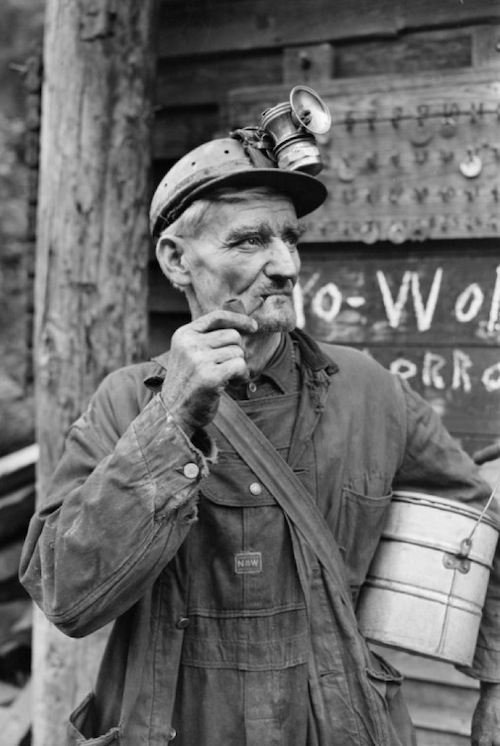The Bakerton Stories
Jennifer Haigh
(HarperCollins)

"Beast and Bird" is the first of these. We follow Annie Lubicki into New York City, where she works as maid for the Nudelman family. She comes from one of the many coal-digging Polish families in Bakerton. She is sixteen-years-old, an innocent, one of nine children, wide-eyed in the city, a "serving girl," employed by --- and living with --- this strange family on the Upper West Side.
We get to live with her as she comes to know the mother and the father and the young son, Daniel. Once when the family is away, she asks him, "Why do you study all night?"
- "It's my job. I'll be studying for the rest of my life." His smile was broad, like his father's.
"Beast and Bird" is a rich tale. So much is unspoken: we are neither told too much nor too little. A taxi driver's manhandling Annie on her first "date." A friend who is later sent away pregnant. Nursing the sick Daniel while father and mother are away. Being found kneeling, asleep, at the side of his bed and sent back to Bakerton immediately.
This, and the story, about Alan, the hat-maker's son, back there in the coal-mining town. When his 12th grade teacher, Viola, comes into his shop, he fits her with a hat:
- "You have beautiful hair. We don't want to cover it completely..." It was a remarkable thing for a boy to say to his teacher, but Alan said it without self-consciousness.
"He was a natural salesman, born, if the Creator actually thought of such things, to sell ladies' hats." Charming, charming the ladies, charming the girls in his class, charming the reader. And beaten up there at the end by his "hooligan" class mates, for he is slightly fey, and back in 1917, you got beaten up if you were like that, "fem."
I usually prefer not to start a new book late in the evening. If it is especially good, it might keep me up all night. News from Heaven almost did that. But I need my Beauty sleep, so I reluctantly left it after these two stories. What changed in the meantime? Was it me? Or Jennifer Haigh? Or the book? I got through most of he rest of them the next day, but none of them wowed me out like the first two. The others moved slowly, not unlike lives in Bakerton. Some seemed filled with nothing more than gossip, a small town is always filled with gossip. The character Joyce in "To the Stars" is trying to explain her younger brother's sudden death. "Heart failure. It was very sudden."
- The story is her invention. Certainly it is kinder than the truth, welcome as a rodent: He swallowed a bottle of pills. He took his own life. Like all the best lies, it contains a grain of truth. What is despair, really, but a failure of heart?
Well, maybe.
Finally, when they come to build a prison in Bakerton, we think, "Why not?" It's been a prison for all those people all that time since they closed down the mines. Maybe it was before that, too. You know about small-town American life in the last century, when everyone knew everything about everybody. Trapped.
And after the first two over-the-top stories, we begin slowly to feel trapped, too. Too much time, too many words, no possible escape. A town that has become a prison.